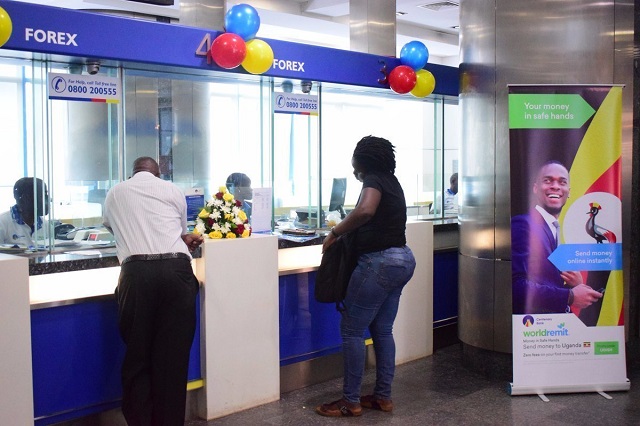
Kampala, Uganda | THE INDEPENDENT | Nearly all people and business owners who were declared non-essential during the COVID-19 lockdown and therefore not expected to leave their homes are seeking for loan restructuring, Centenary bank has said.
In a zoom meeting with small businesses owners on Thursday, Centenary Bank General Manager Fredrick Kigozi said they had seen a number of applications for extension of loan repayments “largely from sectors deemed non-essentials.” He said they were not yet certain of how much percentage this makes on their entire loan book.
A few sectors were allowed to continue operating when lockdown measures were announced to stop the spread of coronavirus about two months ago. Medical professions and such places as pharmacies were allowed to work.
Supermarkets, fuel retailers and only markets dealing in fresh food were also allowed to stay open. Bankers, private security companies and the media were also made essential.
However, much of the economy was shutdown – from retail to wholesale to transport to restaurants. This means their ability to meet their loan obligations is limited. Hardware, garages, and wholesale shops were allowed to open last week.
Even those who were declared essential will likely find problems to pay loans. Order to stay home means demand for most goods were affected. Some fuel stations due to few customers decided to close. Those in agriculture said they had witnessed a crash in food prices.
Bank of Uganda has asked commercial banks to give businesses and individuals affected by coronavirus a holiday of up to 12 months to be able to pay their loans.
Twinemanzi Tumubwine, the Bank of Uganda executive director for supervision said last week that even during holiday, the loan will still attract interest.
Centenary bank said this interest will be added on the principal which could have been one’s monthly repayments will be higher after COVID-19. The pricing of the loans, Centenary Bank indicates will not change.
Also, Kigozi said loans that were approved from April, 2020 will not benefit from the COVID-19 restructuring. He said this is because they expect before the loan is approved, all the virus risks have been factored in.
John Walugembe, the chairman of the federation for small and medium enterprises urged business owners to understand what they need now and approach banks for help.
BoU has said it expects many people and businesses to struggle to meet their loan obligations in the coming months.
A study by Economic Policy Research Centre this week said at least 3.4 million Ugandans will lose their jobs meaning those that took personal loans will struggle to pay.
Uganda’s economy is expected to 3% down from pre-covid-19 projection of 6%, pointing to low business happening at the moment.
******
URN
 The Independent Uganda: You get the Truth we Pay the Price
The Independent Uganda: You get the Truth we Pay the Price





